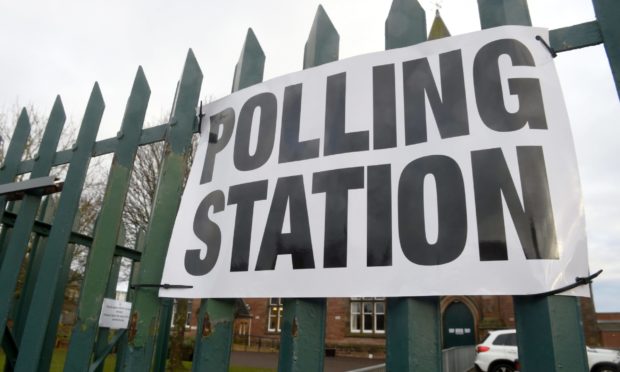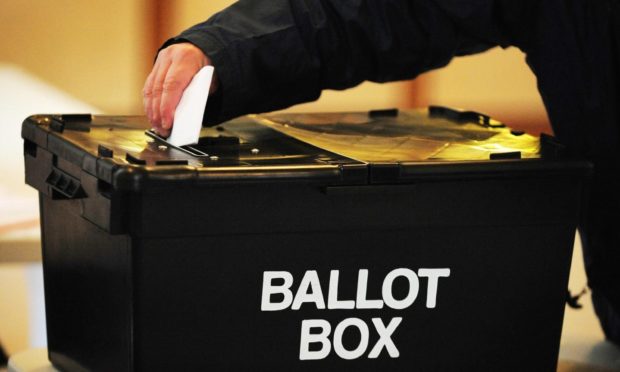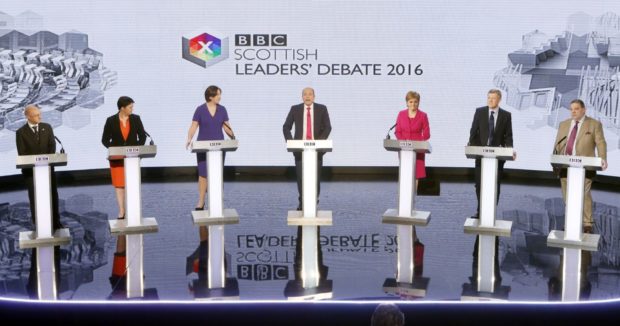We have now entered a period often called “purdah” in which restrictions have been imposed in the run-up to the Holyrood election on May 6.
The use of the word “purdah” is often criticised as being sexist because it is derived from the custom in some Muslim and Hindu cultures of keeping women from being seen by men they are not related to by having them live in a separate part of the home or behind a curtain or veil.
At elections in the UK, it refers to rules covering government civil servants, who must remain politically neutral, as well as ministers, who traditionally avoid making significant, new announcements relating to the use of public money.
Also known as the “pre-election period”, or the “period of sensitivity”, the custom aims to prevent governments from making decisions that could be viewed as an inappropriate attempt to provide an advantage to a particular party or candidate in the six weeks before the election.
While there are effectively no MSPs now, the Scottish Government retains its responsibility to govern and ministers are still responsible for their portfolios throughout the period.

Policy decisions delayed
Civil servants are told they can provide official support to ministers on any essential business that can not be deferred until after the election.
This could include responding to a major incident or public health crisis, including the pandemic, or any case where postponing a decision would be detrimental to Scotland’s interest or would be wasteful to public resources.
Decisions on matters of policy on which the next government might want to take a different view from the current administration are expected to be delayed, however.
Under the Scottish Ministerial Code and the Civil Service Code, public resources can not be used for political purposes at any time, and civil servants always have to remain impartial.
But staff are reminded to take “particular care” to observe these rules during the election period.
UK Government ministers and officials have also been told the same, although generally they can continue their business “unaffected”.
The Ofcom regulator, meanwhile, issues guidance to broadcasters on impartiality rules they must apply in the run-up to elections.
Dissolution of parliament
Under normal circumstances, the Scottish Parliament would have been expected to dissolve on March 25, signalling the start of purdah.
However, the Scottish General Election (Coronavirus) Act 2021 delayed dissolution until the day before the vote, on May 5 2021.
This aimed to provide a safety net that would allow the parliament to be able to be recalled in order to debate and pass emergency legislation if required, including delaying the election if the situation with the pandemic deteriorated and made voting unsafe.
The parliament did however move into a “pre-election recess” period on March 25, and the usual “purdah” restrictions apply as normal.

